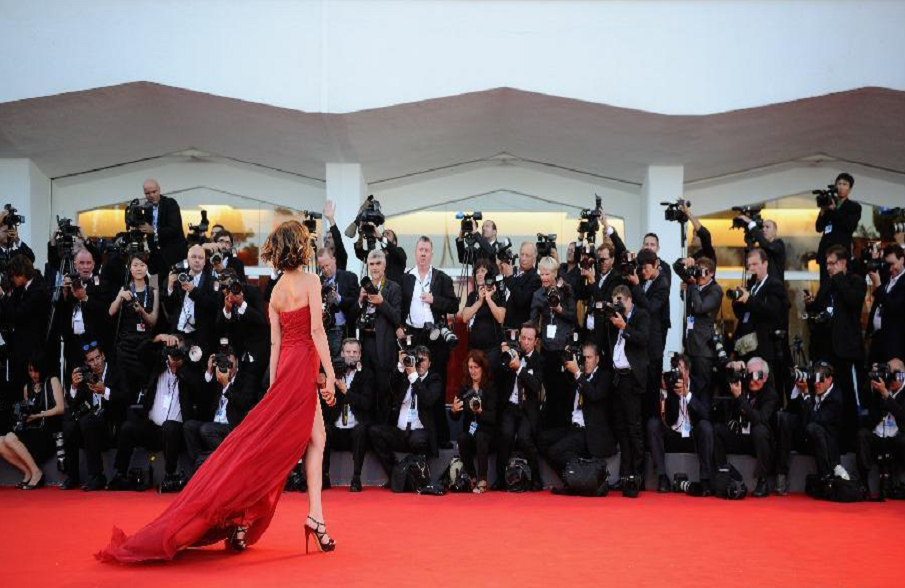Invented at the end of the nineteenth century, in the era of the first universal exhibitions, cinema has been linked since its early years to the idea of being appreciated through the form of “art exhibitions” which, in the field of the performing arts, are more often referred to as “festivals”.
In 1910, the first public event attended by producers of Italian, French, German and American films was held in Milan. But it was the advent of feature films and “talkies” that saw cinema finally recognised as an artistic product to be shown during the staging of special events that were usually held annually.
The first film festival was staged in Italy in 1932; this was the Venice Film Festival. It was a point of contact for various requirements, such as the appreciation of film, local economic interests connected to tourism and accommodation facilities, the creation of a special place in which to develop a market in national and international films, a favoured meeting place for artists of different countries and cultures, but also for encounters between artists and members of the public in order to give the latter an opportunity to get to know them and engage in discussions.
Venice’s example led to the foundation of the Cannes Film Festival (France) in 1946, which immediately sparked a flourishing creative competition with the Italian festival. Many international showcases sprang up within a few years (such as Locarno, Switzerland, in 1946 and Berlin, Germany, in 1951) and rules were established among the various initiatives with an agreed calendar for international shows.
From the very first editions, awards were one of the main attractions of the festivals, due to the prestige surrounding the major festivals but also because of the financial rewards that came with them. The importance of the awards depended on the authoritativeness of the juries, usually made up of men and women from the cinema industry, prominent figures in the world of culture and the arts. Among the most common awards at the various events were those given for the best film, the best director and the best performances. Over the years, many festivals have tried to make the most of their potential as fashionable events able to attract the attention of the mass media and publicity.
It should also be remembered that, over the decades, specialist film festivals have also been established and become popular, such as Oberhausen, launched in 1955 and dedicated to short films, the International Animated Film Festival of Annecy, founded in 1960, the Pesaro International Film Festival of New Cinema, founded in 1965 and dedicated to the cinema of “emerging countries”. Other prestigious and historic festivals include the event held in Karlovy Vary, launched in the former Czechoslovakia in the forties, the Festival of San Sebastian, established in 1953 and the Pan African Film and Television Festival (FESPACO), which is held in Burkina Faso. In North America, the highly prestigious Toronto International Film Festival has been staged since 1976 and is now a strategic showcase for Hollywood productions and an extraordinarily important market for the sale of films from all over the world, and the Sundance Film Festival, dedicated to independent films.
In addition to those mentioned, there are dozens of small and medium sized festivals that continue to act as an essential driving force for the development of the audio visual market and boost the local economies of the places where they are staged. That’s why festivals, big and small, have always benefitted from lavish investment by public institutions. More recently, the sharp decline in these public investments has forced Festivals to question their very nature and seek new ways of operating. In attempting to keep up with the times, much effort has been made in creating distinctive programmes for various sections of the public (from mainstream products to works aimed at dedicated film fans) and in staging so-called “labs”, workshops that remain open all year round within the festivals aimed at giving direct support for the planning, development and production of films with specific characteristics (first works, international co-productions, cross-media products and others).
Producing partner: Aiace Torino http://www.aiacetorino.it/
Voice talents: Dylan Ayres, Sharon Fryer
Music: Bensound – Brazilsamba (Composed and performed by Bensound http://www.bensound.com)






































